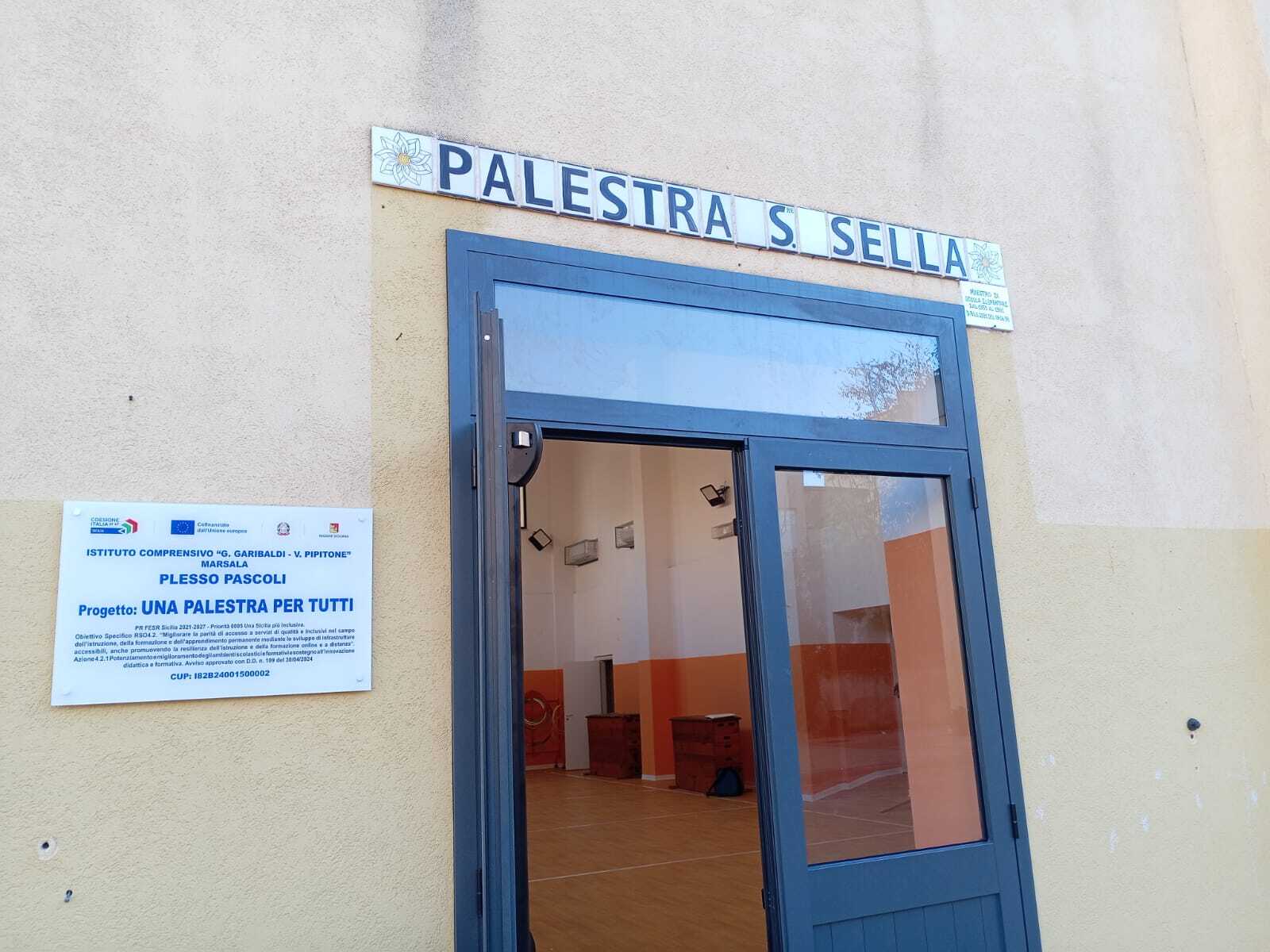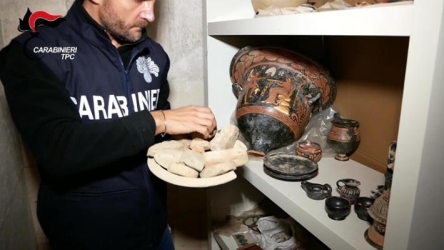Recently, several specimens of white storks and the rare black storks have been spotted migrating within the "Saline di Trapani e Paceco" Natural Reserve, drawing the attention of reserve staff and one of the many friends of the protected area, the biologist Antonino Barbera.
One of the white storks stood out due to a recognition ring on its leg. Reading the alphanumeric code on the ring revealed that the stork came from Italy, but the question remained: from which region? By cross-referencing data from the monitoring network, it was possible to trace the exact origin of this fascinating migratory bird: from Calabria, in the province of Cosenza.
The individual, born in June of this year, is part of a scientific ringing project that Lipu di Rende has been carrying out for several years. It was banded by Mario Pucci, a bander from the Ispra (Higher Institute for Environmental Protection and Research). According to Roberto Santopaolo, the project's coordinator, 116 storks have been marked in four years. With at least 500 km already covered in its journey to Africa, it's uncertain whether the stork will decide to spend the winter in Sicily, as often happens for some individuals of this species, or continue towards sub-Saharan Africa. Thanks to the practice of ringing, aimed at understanding the habits and movements of migratory birds through monitoring, it will be possible to trace the history of this stork, which has already resumed its migratory journey.
The story of this stork is truly emotional. Named "Virginia" by a 9-year-old girl during the ringing operation, she suffered a dramatic blow shortly after starting her migratory journey. Hit by a poacher's gunshot, the young stork was at risk of dying but was fortunately rescued. After treatment and surgery at the Wildlife Recovery Center in Catanzaro, she spent two long months in recovery. In October, finally healed and returned to freedom, she resumed her migratory journey southward, reaching the "Saline di Trapani e Paceco" Reserve, where she was seen foraging for food, searching for grasshoppers before taking flight again.
Silvana Piacentino, the director of the Reserve, commented on "Virginia's" presence at the salt pans during her migratory journey, condemning the criminal act of those who wanted to end her journey. She also emphasized the importance of the role of protected areas along migratory routes. Virginia's fate remains uncertain: will she continue her journey south or choose to spend the winter in Sicily? Only time will tell, but her story reminds us of the fragility of these animals during long migratory journeys, trips along routes full of dangers during which many individuals don't make it. At the same time, there are those who choose to stand on the side of legality, working for their protection. We must not forget that these fascinating flyers, besides being beautiful and elegant animals, represent a heritage of the community, protected by numerous national, community, and international regulations. This underscores the importance of collaboration networks for the protection of wildlife, where the protected areas system plays a central protective role, involving wildlife recovery centers, scholars, and researchers monitoring and studying animal habits, law enforcement engaged in countering illegal killings, and many citizens who, through their actions and information networks, strive for the protection of threatened species.

 Sezioni
Sezioni















